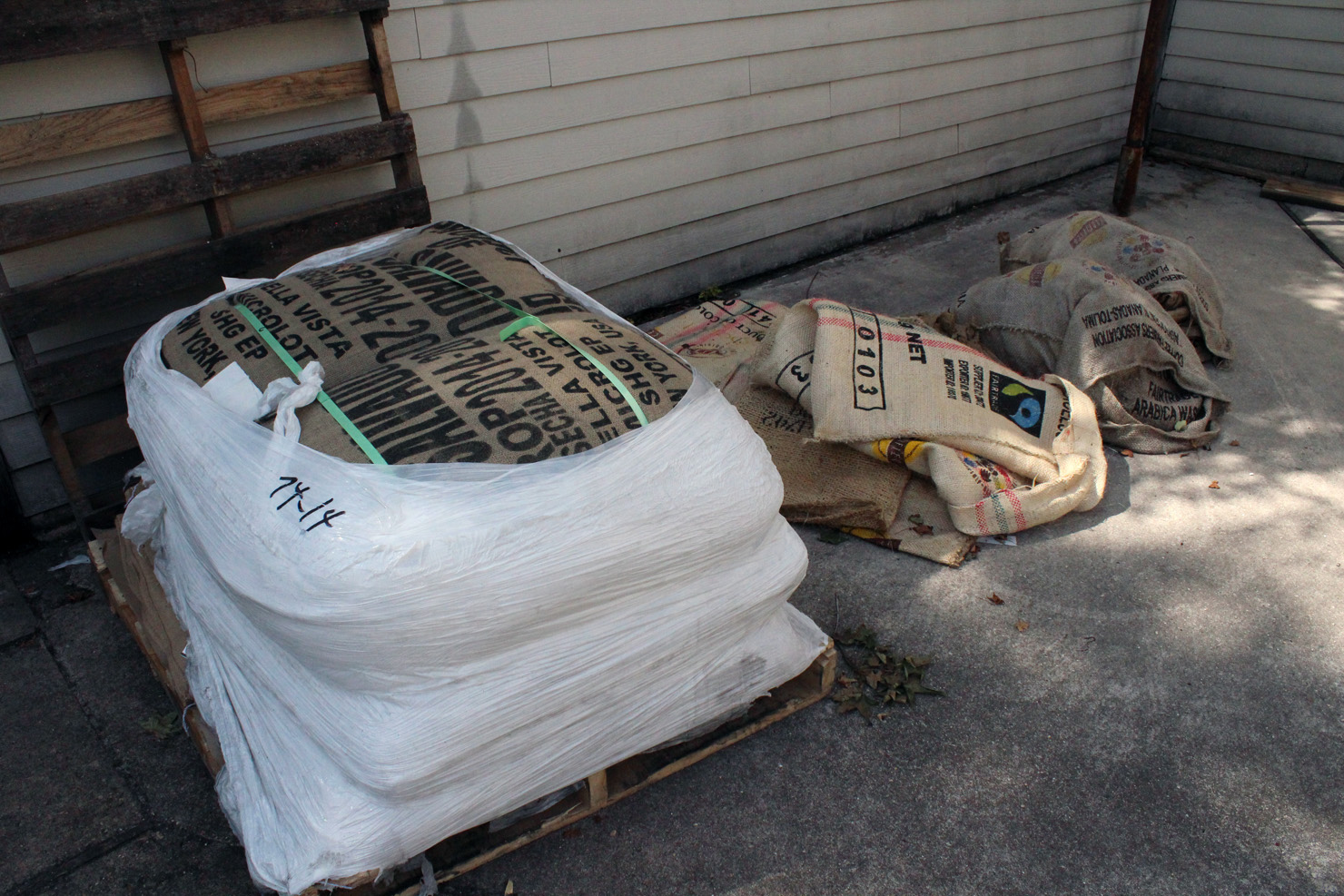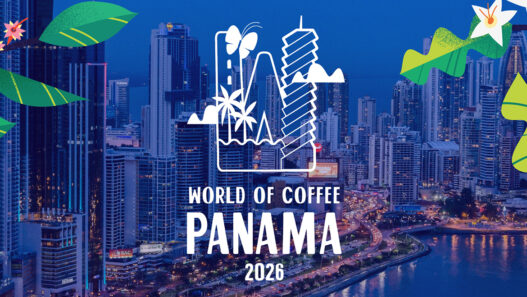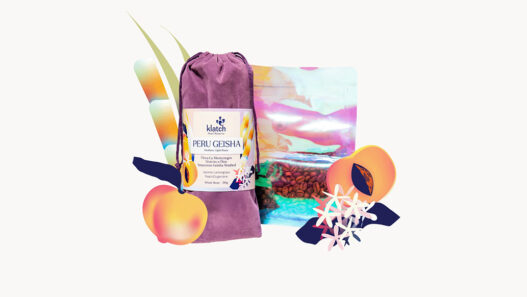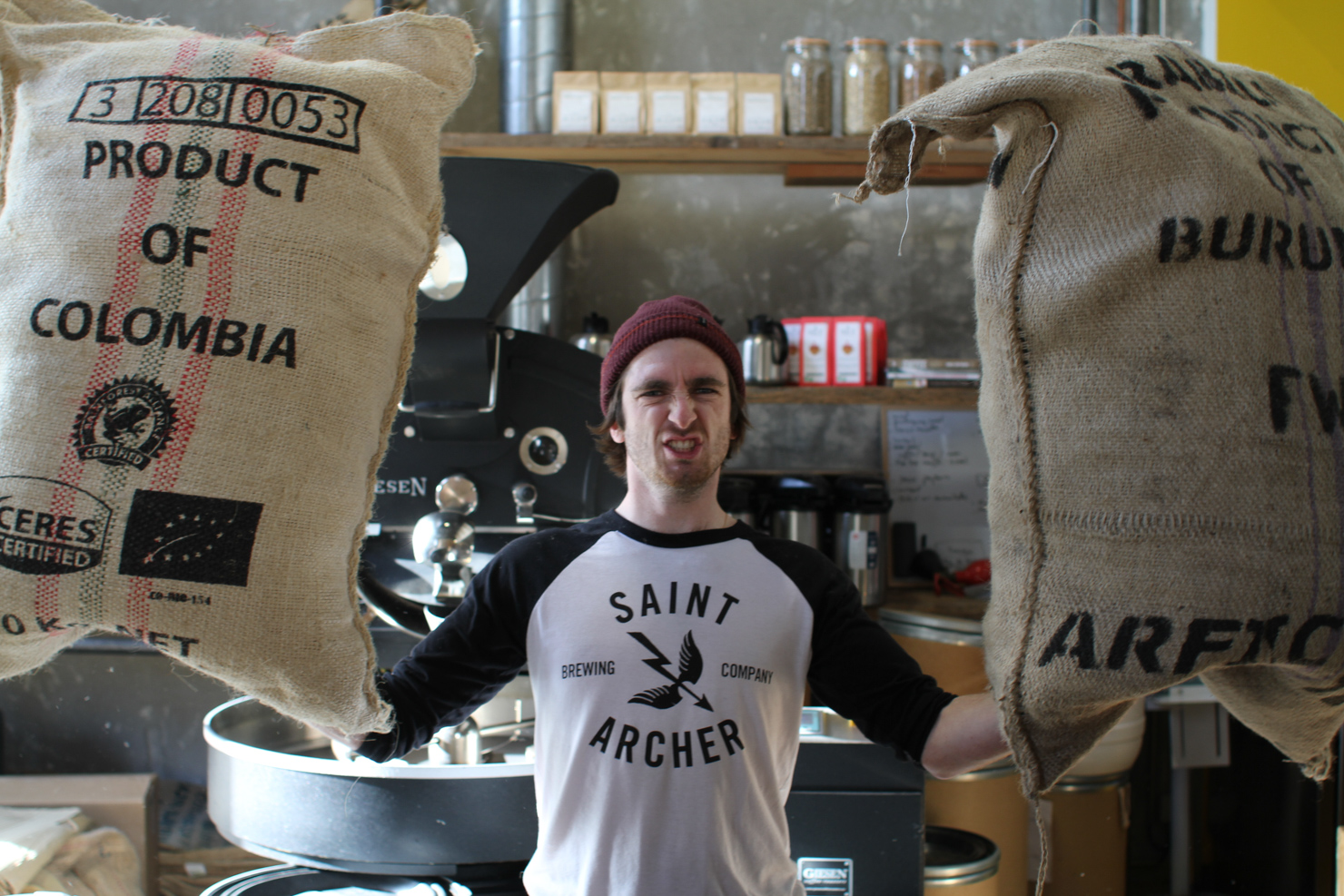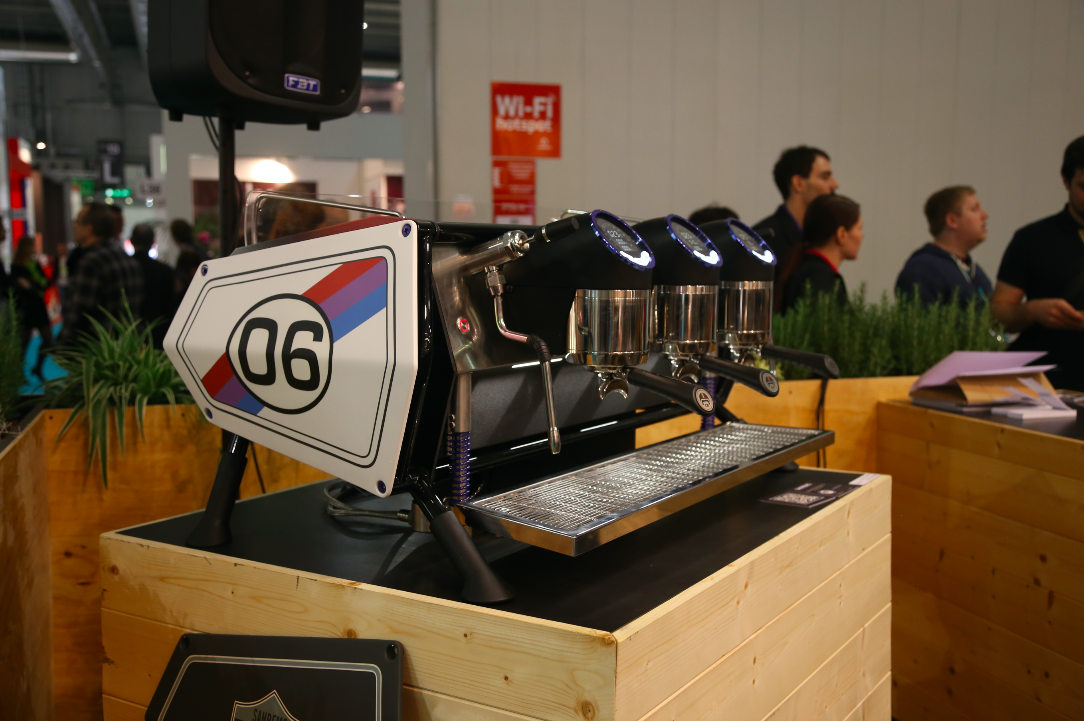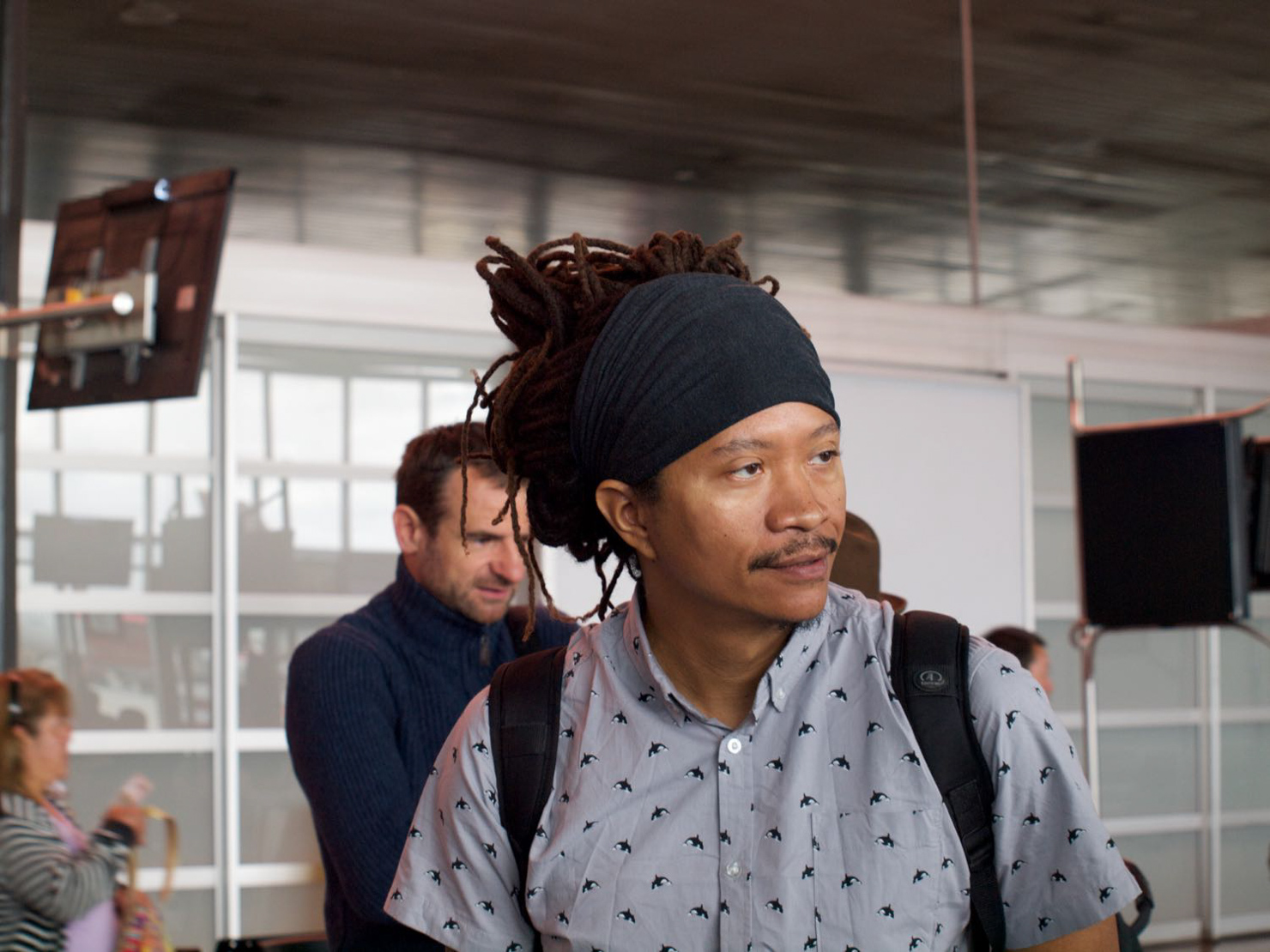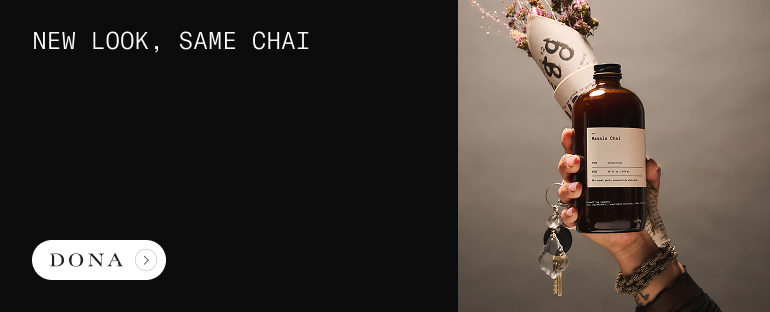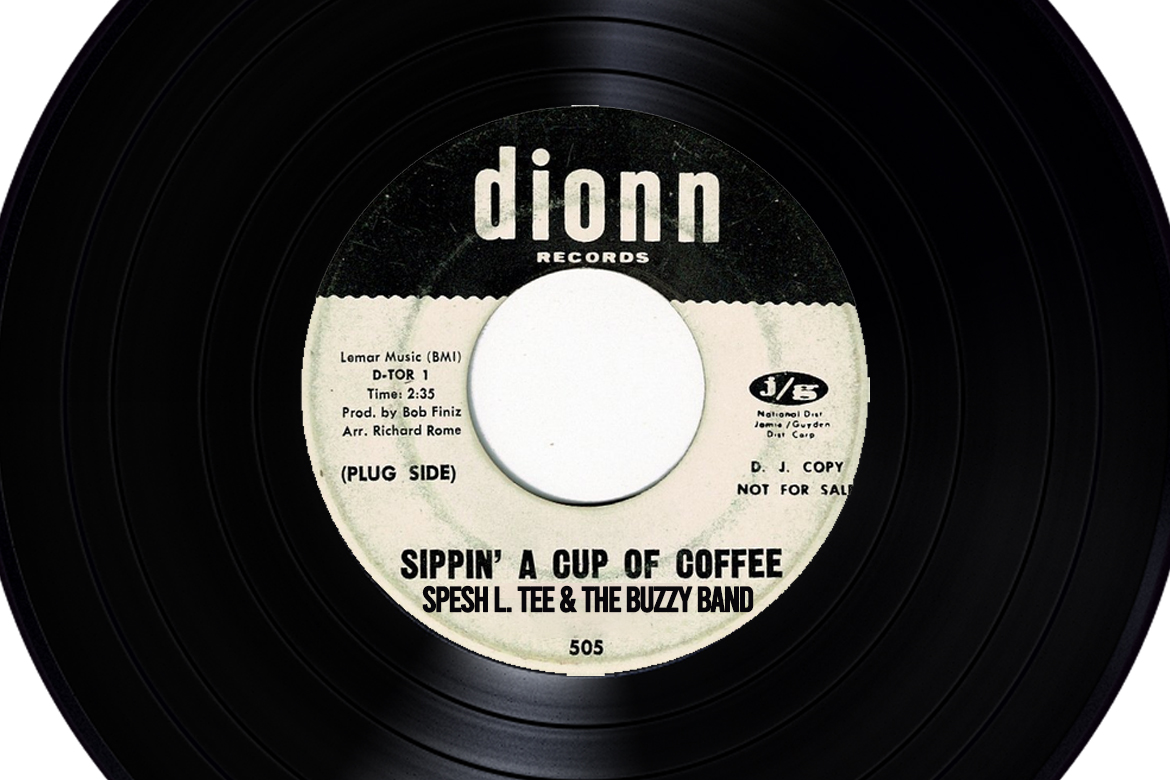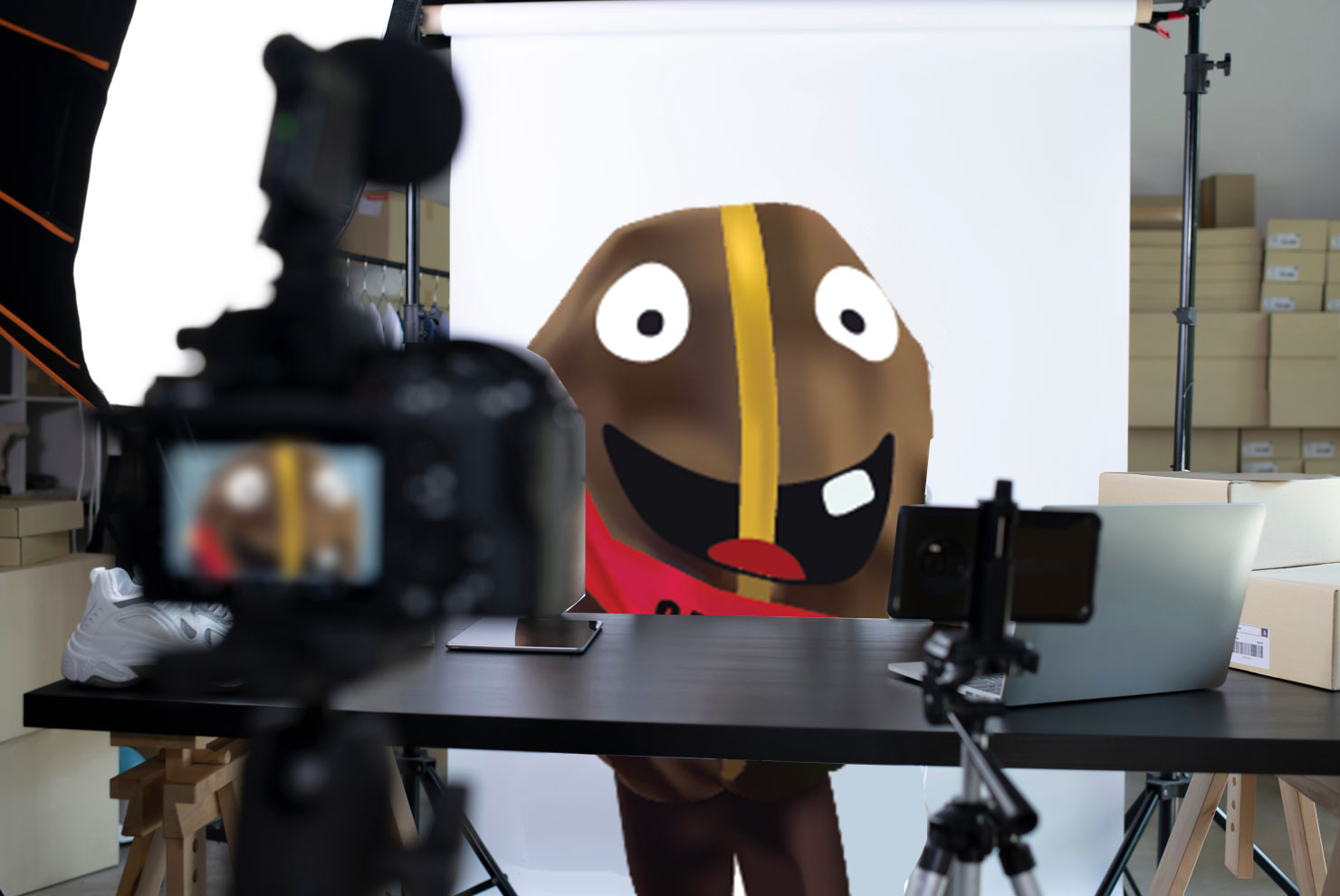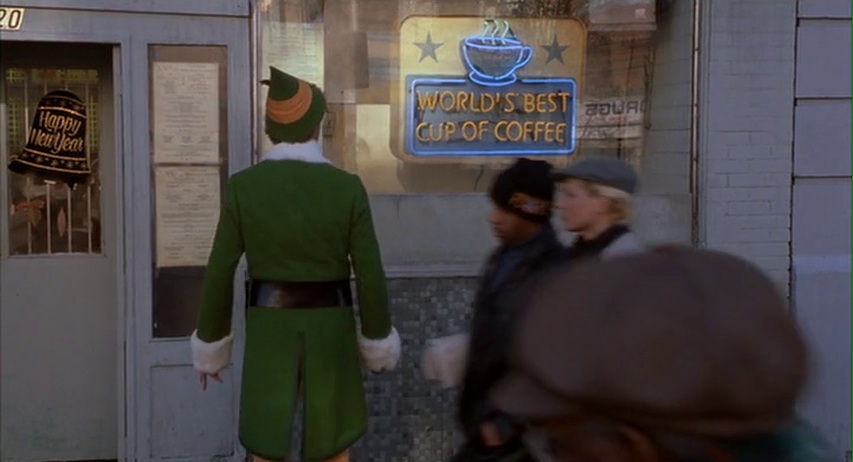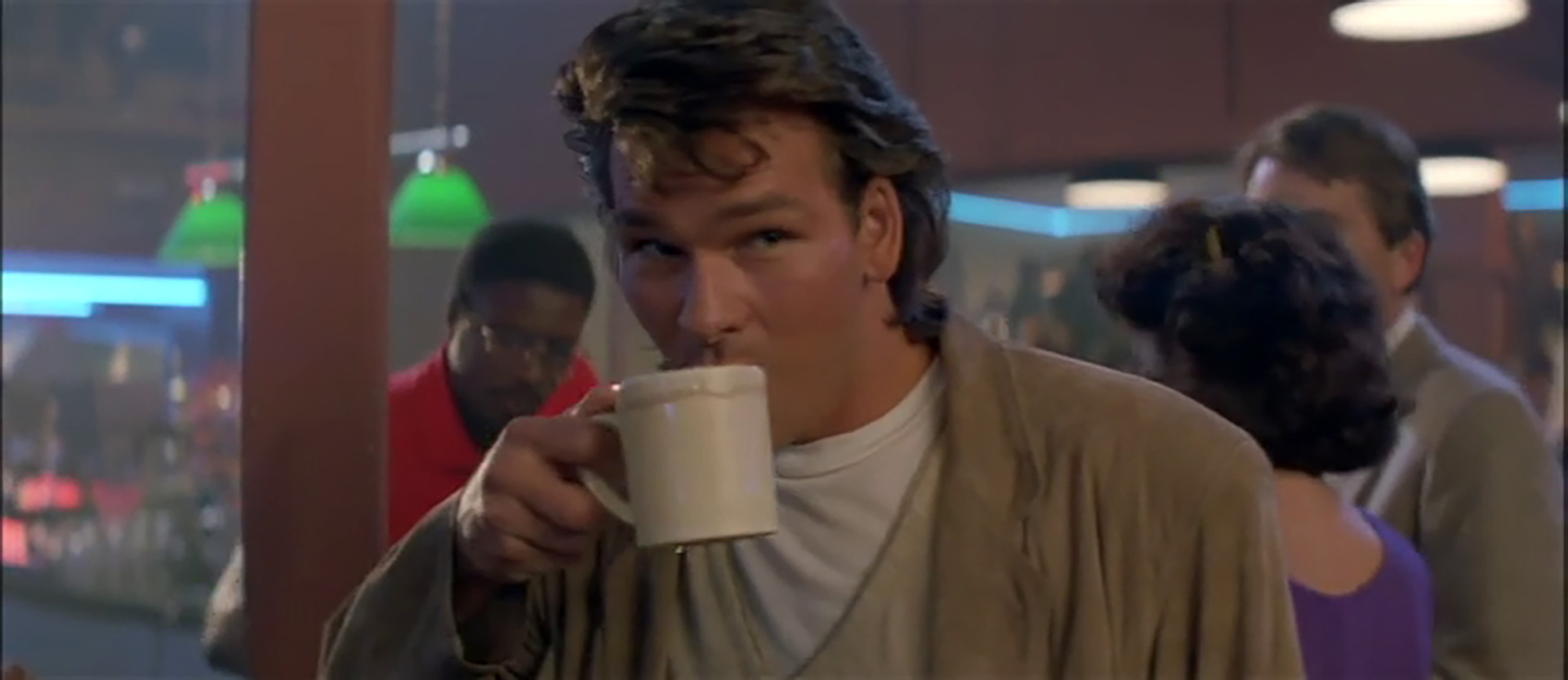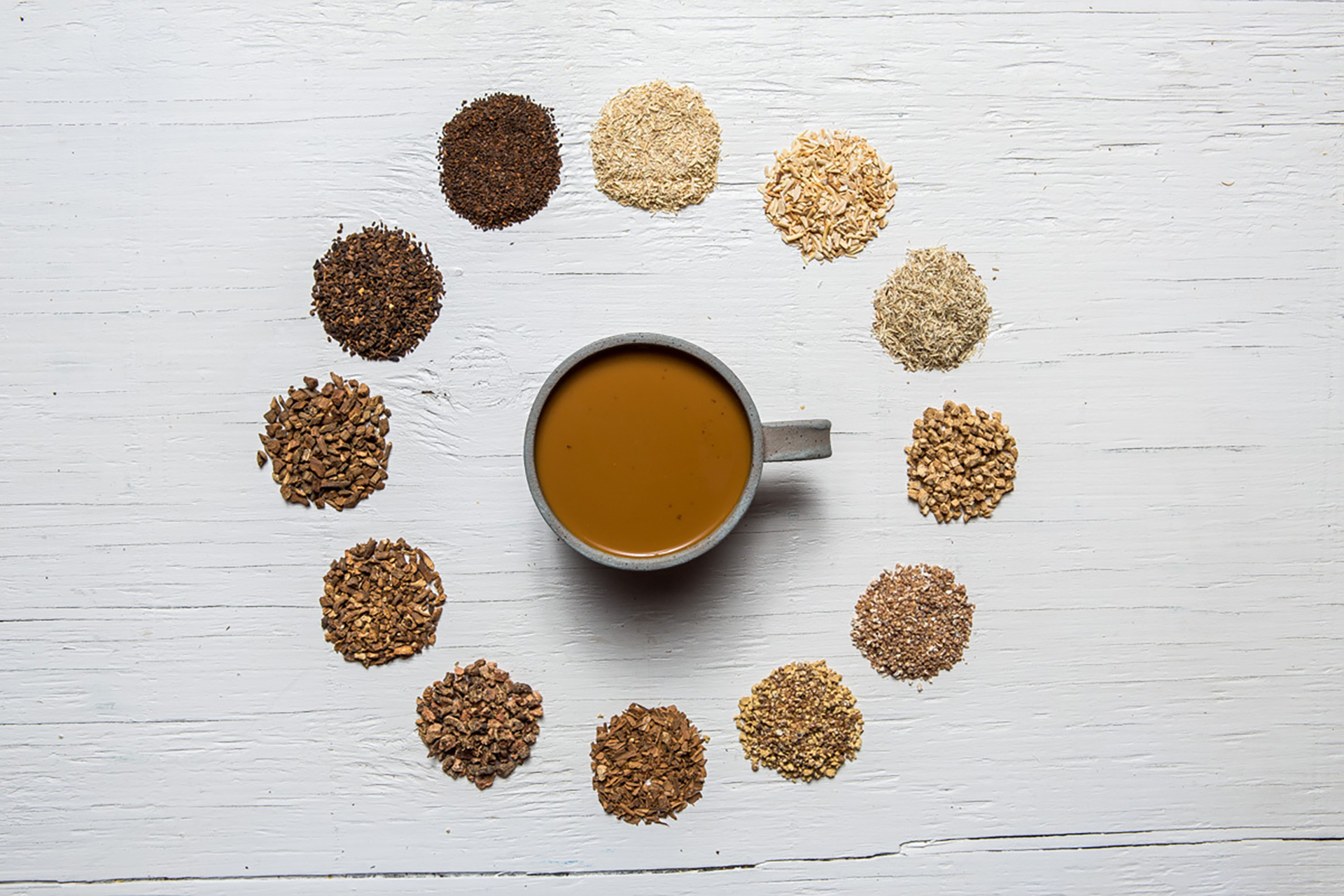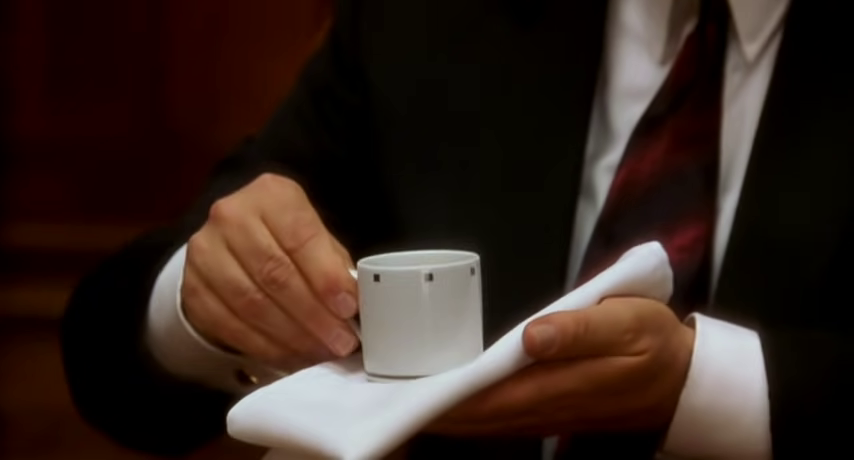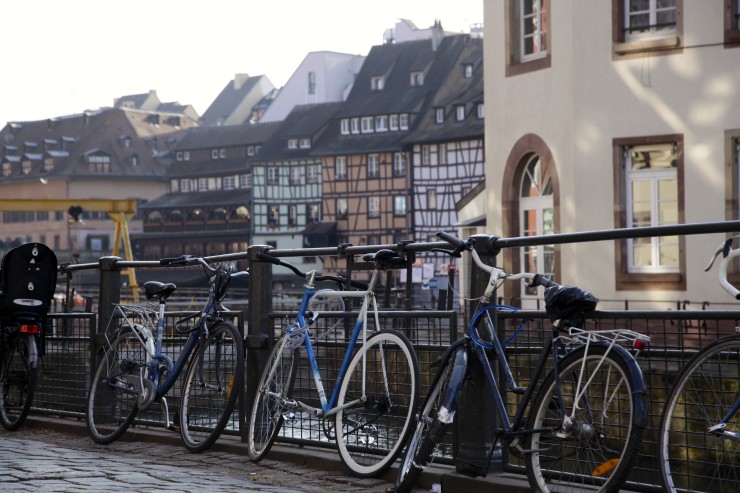
In France, all roads (and train tracks, and flight paths) lead to Paris, metaphorically and physically speaking. It is a hub, a city that the French look to in admiration and sometimes even, in horror. It’s a crazy capital after all, similar to New York City in the way that it seduces and pulls people in, and can turn around and spit them back out.
But often Paris takes the main stage, making us forget that there’s an entire country around it that deserves attention. Take a look outside of Paris, and you’ll quickly see that there’s an exciting wave of specialty coffee taking place all over the country.
Take any main French city, and these days, there’s probably a specialty coffee shop to be found. Strasbourg? Cafe Bretelles. Toulouse? La Fiancee. Lyon? La Boîte à Café. Bordeaux? Black List. Lille? Tamper! Espresso Bar. Nantes? Sugar Blue. The list goes on. The coffee explosion here isn’t just Parisian, it’s straight up French.
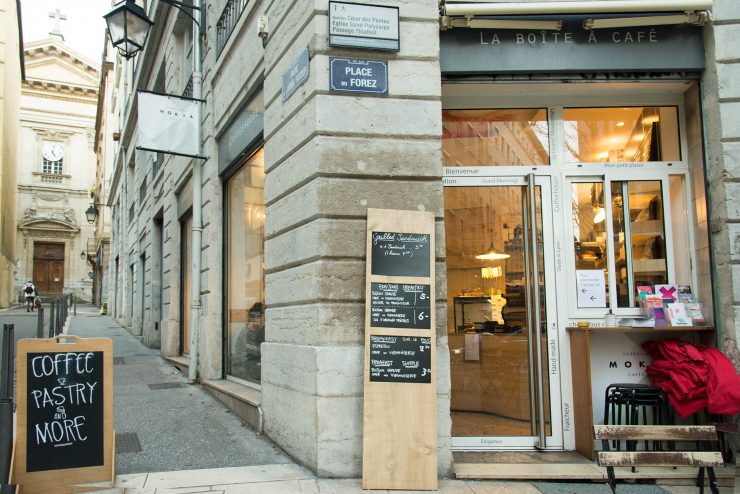
One of the leaders of French specialty coffee outside of the capital has been Café Mokxa, a roaster based in France’s food capital, Lyon, who also operates the coffee shop La Boîte à Café. Opened in 2011 by Sadry-Alexandre Abidi and Rosamund Morris James, the two founders originally met in New Zealand (where James is from). “I was working for a small coffee roaster as a barista in my hometown and Sadry worked at the local delicatessen. He would come down for a coffee on his lunch breaks and I still remember his face when he said ‘actually, you don’t need to put sugar in this coffee!’. It was the first time I realized there was such a cultural divide between New Zealand coffee culture and French coffee culture,” says James.
Abidi and James were ahead of the curve, even in comparison to the explosion of Paris specialty cafes. To put their opening into perspective: Parisian roasters Coutume and Café Lomi were both founded in 2010, only one year earlier. Those initial years were difficult. “First of all no one knew what a coffee shop was, and an espresso was referred to as “juste un café”, quite reducing in its tone, this was something I felt really sad about. At first people were shocked and horrified that our espressos didn’t fill their cups,” says James. “We soon realized that it was a really delicate subject and quite difficult for people to accept what we did as it was so different from all their coffee drinking experiences in the past.”
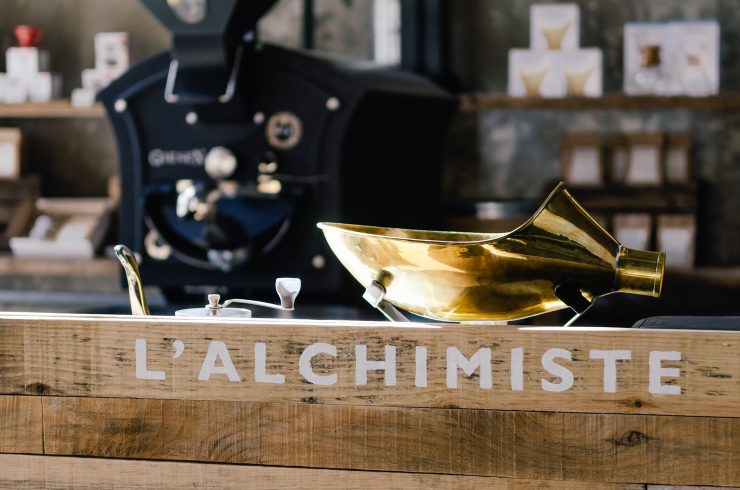
Changing habits has been one of the main obstacles that coffee entrepreneurs around the country have had to deal with. “The hardest thing is to change habits,” says Arthur Audibert of L’Alchimiste, the Bordeaux-based roastery. “For example, to push les méthodes douces [manual brew methods] isn’t an easy task. Convince people that coffee pods are not the best way to taste [coffee] is another. It’s hard to explain to customers that it was our grandparents, grinding their coffee every morning, who were right!”
But habits have been changing, both on a personal, and a professional level, which has helped push the French specialty coffee market forward. “We notice a new generation of more quality-minded people coming up in the restaurant business with more independence and interesting concepts,” says Collin Westerveld of Coffee Makers, a roastery based in Lille. However, those remain fringe, and in general, “one of the difficulties is convincing the local restaurants and cafes to invest in quality coffee,” says Westerveld.
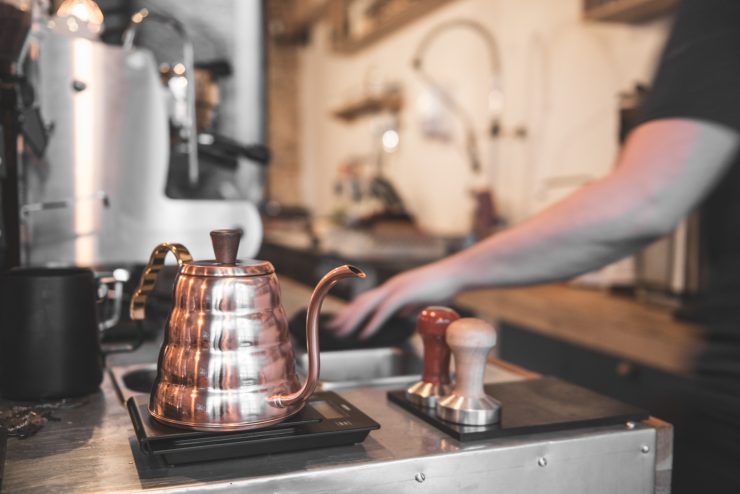
Given the capital city’s influence, there’s no denying that Parisian roasters have helped to facilitate the growth of specialty coffee, not only within Paris city limits, but far beyond. Travel around the country and you’ll often see some familiar names popping up, like Belleville at Bordeaux’s Black List, Coutume at Montpellier’s Nook Cafe. Parisian specialty cafes have also served as the launchpad for several coffee entrepreneurs around France, like Benjamin Wright who opened Mana Espresso with Alex Seal in the summer of 2015. Wright started working at Coutume in 2012, then moved on to Café Loustic, before heading south to Aix-en-Provence for their own joint. “Our ethic is that a coffee shop should be the preserve of no particular social set. Open for everyone and a destination for the community, that provides fantastic produce, whether in a cup or on a plate, with the background goal to allow people to experience what specialty coffee can offer, in an environment that allows and encourages that,” says Wright.
Just like in Paris, the influence of external specialty coffee culture is present. Many coffee shop owners and baristas have brought experiences from abroad which have helped to shape their businesses. Germain Devos, who opened Tamper in Lille in September of 2014, had trained as a barista in Canada when he spent a year there in 2008/2009. “In Lille at this time, there wasn’t any specialty coffee, so when I came back, it was impossible to continue working as a barista. I therefore had to create the job,” says Devos.
Adrien Sénac of Cafeism in Aix-en-Provence had a similar experience when he worked as a barista in Australia. “I was impressed to see so many people drinking such good coffee all day long,” says Sénac. “I said to myself that there was something to be done in France, knowing that here we have an advantage with our palate that’s used to quality products, like wine, oils, fruits, and vegetables.”
For the outside world, it’s easy to wonder why it took France so long to embrace specialty coffee. This is after all, as Sénac points out, a country that has historically put quality products and good taste on a pedestal. But that actually could be part of the hinder. “I think that given our history and gastronomic patrimony, we have a tendency in France to not question ourselves enough,” says Audibert. “The result is that many French think that they drink good coffee every day, and that’s not the case.”
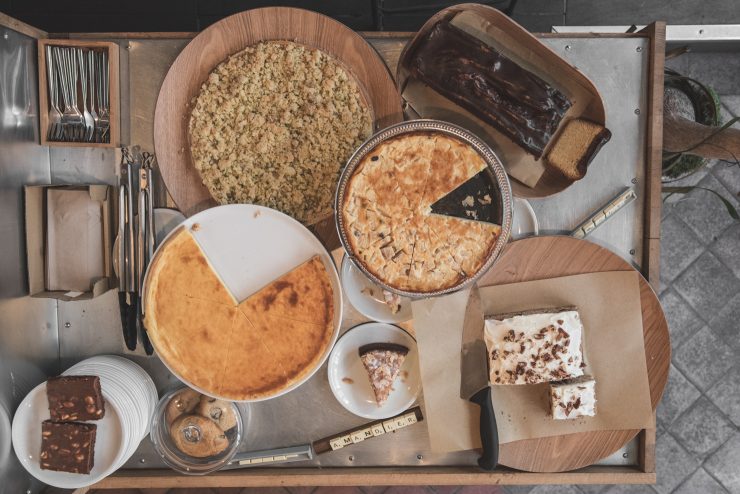
James agrees, pointing out that “the French hold on to their culinary traditions with a passion…which is great when we’re talking about cheeses, pastries, breads, preserves…unfortunately they also hold on to the tradition of drinking robusta-heavy blends made in not-quite-espresso/not-quite-filter style. And because habits are hard to change, this has held fast.”
This makes the work of roasters and coffee shops even more important; to encourage the French customer to get to know coffee a little better, to learn to appreciate a higher-quality product. It’s even worth making the link between coffee and a product that the French know well: wine. “In France, the barista, in the eyes of the public, doesn’t (yet) have the same stature as a sommelier; we will gladly let ourselves be advised on wine, but most people have their own idea what a ‘good coffee’ is,” says Devos. “In France, wine is a very noble product, while coffee is considered just an average consumer product…that’s at times frustrating, and at the same time, it’s exciting, because we are building from zero.”
The expansion of specialty coffee in France shows that the French are in fact willing to change; that thanks to the work of these coffee entrepreneurs, the taste for coffee is in fact shifting. “On the positive side, we have a very local community coming to our cafe, it has been a long time since it was a foreigner-dominated coffee shop. I would say the ratio is 30% foreigners to 70% French,” says James of Mokxa’s clientele. “I’m extremely proud of this. And it’s encouraging for the movement of good coffee.” For any critics that deem France’s specialty coffee explosion as one driven by the expat or tourist community, the local embrace of Mokxa and other coffee shops around the country prove the contrary.
As the expansion continues, everyone along the French coffee chain will benefit, from customers to baristas, particularly when it comes to what’s being served; more and more roasters on the French market means more diversity for coffee shops. “We change roasters, and therefore origins, every month…which allows me as a barista to keep me on my toes, keep me doing what baristas should do and get the most out of different coffees, allowing customers to appreciate what we do behind the machine,” says Wright of the rotating selection of coffee at Mana. “If baristas are getting bored of the same coffees, then it’s very likely customers are too. Which is why France needs more roasters!”
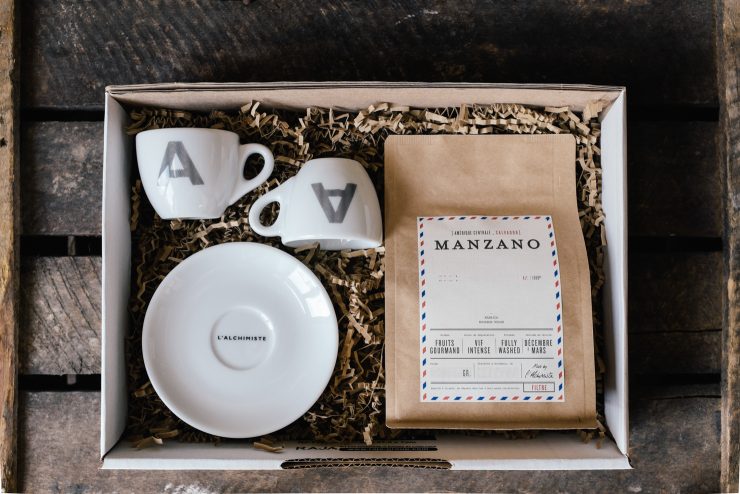
Today is an exciting time for specialty coffee in France, and the future holds much potential. While some may see this as a mere fleeting trend, those driving the expansion of French specialty coffee culture are sure that it’s here to stay and for one main reason: there’s nothing more convincing than a good cup of coffee. As Audibert puts it “… a client who tastes a specialty coffee for the first time never goes back.”
Just like for a customer who has tasted their first cup of specialty coffee, for France’s coffee entrepreneurs, one thing is sure: there is no turning back.
Anna Brones (@annabrones) is a Sprudge.com staff writer based in Paris, the founder of Foodie Underground, and the co-author of Fika: The Art Of The Swedish Coffee Break, available now from Ten Speed Press. Read more Anna Brones on Sprudge.



